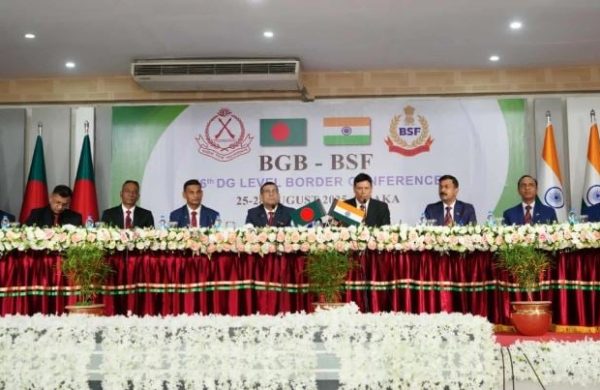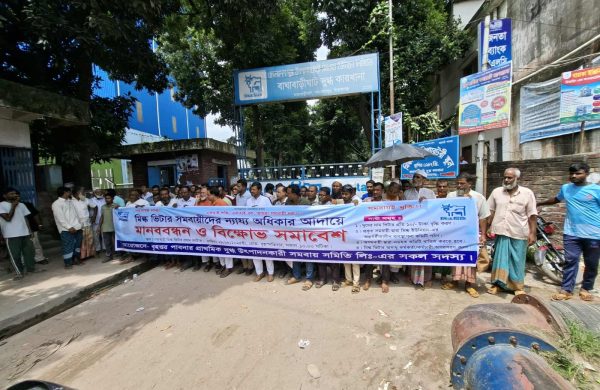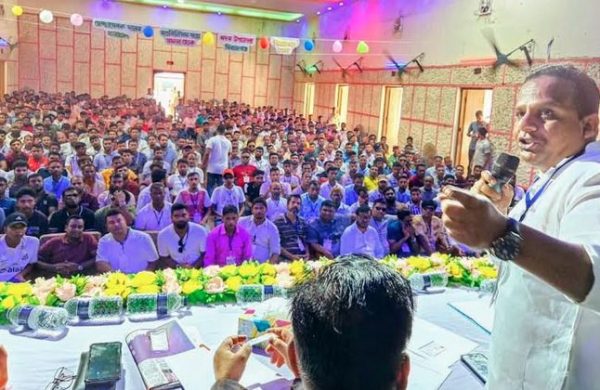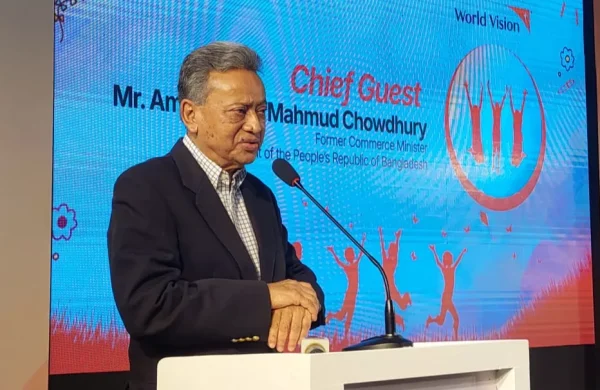Women take to driving rickshaws, not only a man’s job anymore
- Update Time : Thursday, August 28, 2025
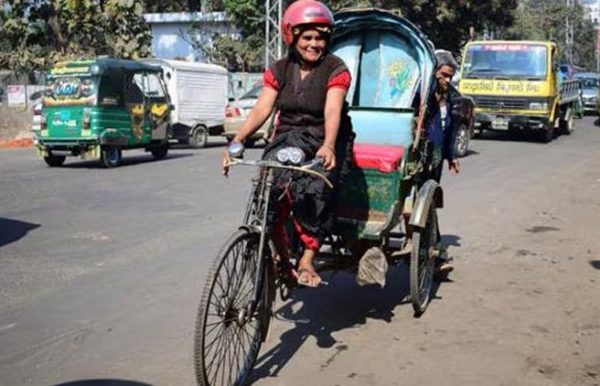
TDS Desk:
Women in Bangladesh have set up a lot of examples that they are not confined to household work, rather play laudable roles at different levels of society.
The concept of women rickshaw pullers was quite unusual and unheard of among Bangladeshis. But nowadays you will be familiar with such practical examples, where you would find women named Sumi Begum, Jasmine and Lipika pulling their rickshaws on roads in many major cities, including Dhaka and Chattogram.
45-year-old Jasmine of Chattogram is the pioneer of female rickshaw pullers in Bangladesh. Five years ago, her career changed when one of her neighbours who owned a rickshaw offered to lend it for a few days. From that day, Jasmine has been pulling rickshaw on the streets of port city.
“I started pulling rickshaw to pay for my children’s education,” she said.
“I have chosen rickshaw pulling instead of other jobs as the job of domestic help or factory works are really hard but earning is really poor.”
Jasmine continued, when her husband left her with three children and married another woman, she initially tried to work as maid and then in garment factories. But she could not find any suitable job.
On an average she earns Tk 600 a day after plying rickshaw for eight hours. From the earnings she pays Tk 100 to rickshaw owner as rent.
After passing all odds the lone female rickshaw puller of the port city has won the heart of city dwellers and her male counterparts.
Sumi Begum, a three-month-pregnant woman, left his husband’s house in 2014, after noticing that her husband was a drug addicted and continued several extra-marital relations.
Sumi Begum, a housewife from Ramjanpur in Kalkini upazila of Madaripur district, came in Dhaka city in search of better life in 2015, leaving her infant at village home.
She started working as a housemaid in Keraniganj area. But she felt the housemaid work was good for her own, not for running a family. She had felt that she needed better earning to run a family of three people.
In early 2016, Sumi decided to start her hardship as a van-rickshaw puller on Dhaka streets. After few months later she rent a passenger rickshaw.
The jeans-T-shirt wearing Sumi now is a very familiar face among the people of old-Dhaka.
On average, she earns Tk300 a day after paying the rent and other expenses. She lives in a tiny hut at Char Borogram in Kamrangir.
“I have to pull a rickshaw to meet the expenses of my family. I dream my daughter would not be a rickshaw puller like me, rather she will do better after her education,” she said.
She continued, now I am fighting against poverty and all odds against women. I don’t care what males say about me. I care about only my family and my family’s solvency.
Sumi claimed that the rickshaw gives her livelihood and now she is happy as a female rickshaw puller.
When Jasmine and Sumi, are struggling to run their families after divorce from husbands, Lipika Adhikari is pulling a rickshaw to run her family and meet husband’s medical expenses.
Raton Adhikari, husband of Lipika, was a rickshaw puller in Matlab upazila town of Chandpur district. He used to collect waste from different areas in the upazila. Though they lived below the poverty line but the couple was happy with their children.
In 2015, Lipika’s husband experienced a fatal accident. After that day, Lipika’s hard life started as her husband paralysed in lack of proper treatment.
To feed family members and bear the medical expenses of her husband, the 45-year-old Lipika went out of her home with her husband’s rickshaw.
From that day Lipika have been pulling a rickshaw every day. She never stopped peddling for a single day whether it’s rainy or sunny day or stormy day. Apart from pulling rickshaw she also collects wastes in a bid to earn more.
Lipika is a mother of three children. Her elder son works as a helper in trawler and stayed away from her. She and her husband are living along with a 6-year-old girl and teenage boy, who now is working as a day labour.
Lipika said, she earns Taka 300 every day by pulling a rickshaw and few more from waste collection. From the earning, she pays Tk 1000 as house rent every month and runs the family.
“After my husband’s accident, I felt hopeless after thinking how I would run my family. Now, I run my family with my own income and I am a hardworking woman,” Lipika said.




